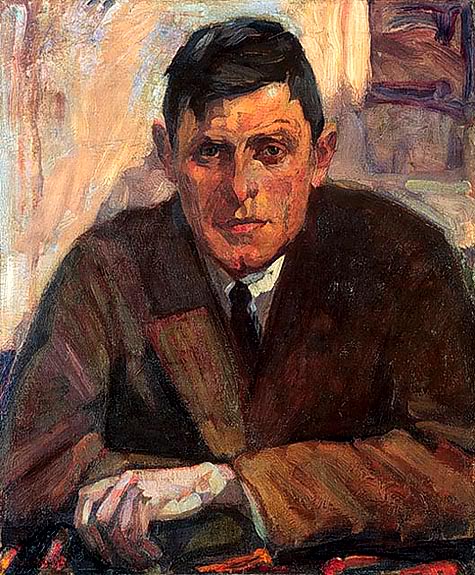“If you see someone trying to incite violence, start with the assumption that that person is undercover homeland security or a cop or whatever, because this is the history of America, where those in charge have tried to ignite people, incite them to commit acts of violence. I tell them, don’t be incited. Just assume right away that person is not part of the Occupy movement if that’s what they’re calling on people to do.” — Michael Moore relates what he told demonstrators at Occupy Denver.
This is cause for concern. Thousands of people in a number of cities have endured escalating police violence and provocation without resorting to violence themselves. It would be convenient for local authorities if, seven weeks in and the peaceful movement taking hold of the public imagination, there should suddenly appear violent outbursts where there had been none before in order to justify a police crackdown.
This kind of thing is not unprecedented. Boing boing recounts proven incidents of undercover police provocation in Canada, and Wikipedia provides sources to confirm them. The CBC’s Fifth Estate reviews police violence in Toronto during the G20 summit: a billion dollars in security, and yet the “black bloc” were allowed to run amok through the financial district, of all places, for an unbelievable ninety minutes; 900 peaceful demonstrators in designated protest zones, on the other hand, were rounded up and incarcerated in the largest mass arrest in Canadian history. That billion dollars, by the way, represents about 990 million dollars more than the cost of security at an earlier London summit. We are not required to assume without question the good faith of the authorities when this kind of money is spent on “security” that only manages to harass and detain law-abiding citizens in what is otherwise an astonishing display of negligence and incompetence.
Here’s Frye in a 1949 editorial in the Canadian Forum, “Nothing to Fear But Fear”:
[T]here is no surer index of the official attitude to democracy than the behaviour of the police. In a totalitarian state it is obviously necessary to keep the police as stupid and brutal as possible. In democracies a reactionary government, if secure and at peace, generally prefers to have its police slightly confused. It likes to feel that if it says to a policeman, “Go out and get some Reds,” he will soon return dragging after him an assortment of labour leaders, clergymen, social workers, liberal intellectuals, the executive of the Housewives Protective Association, and a Jewish tailor named Marks.
The full editorial in an earlier post here.

